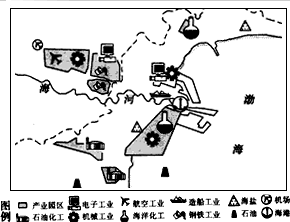A child’s room is not only a bedroom. You can see computers, mobile phones, televisions, DVD players, Playstation, and other 21st-century toys. Britain’s 8 to 16-year-olds have bedroom possessions(财产) about £ 3,300.
But they don’t just have hi-tech toys(高科技玩具). A child’s room also has expensive clothes, sunglasses, watches, and sports equipment(装备) 40% of children have a room that is a home office, mini cinema, and sports hall 。90% have a TV, and 70% have a DVD player. 60% have a CD player, iPod, or MP3 player. 25% have their own computers.
With so much to do in their bedrooms, it is no surprise(惊奇) that children spend more time there than anywhere else in the house. One girl spends so long on her mobile phone in her room that her parents have to text her to speak to her. Another child goes into his room as soon as he gets home form school and plays on his Playstation until bedtime.
Childred’s bedrooms are their kingdoms(王国). Some families hardly do anylhing all together. People eat different meals at different times, and watch different TV programmes in different rooms.
小题1:___________ of children can work, watch movies and exercise in their rooms.
A.70%
B.60%
C.40%
D.90%小题2:Children spend more time in their rooms because ______________.
A.they can do what they like
B.they have much homework
C.they are tired after school
D.they don’t like their parents小题3:Parents and children __________ together at home.
A.ofren eat dinner
B.usually watch TV
C.sometimes play games
D.hardly do anything



